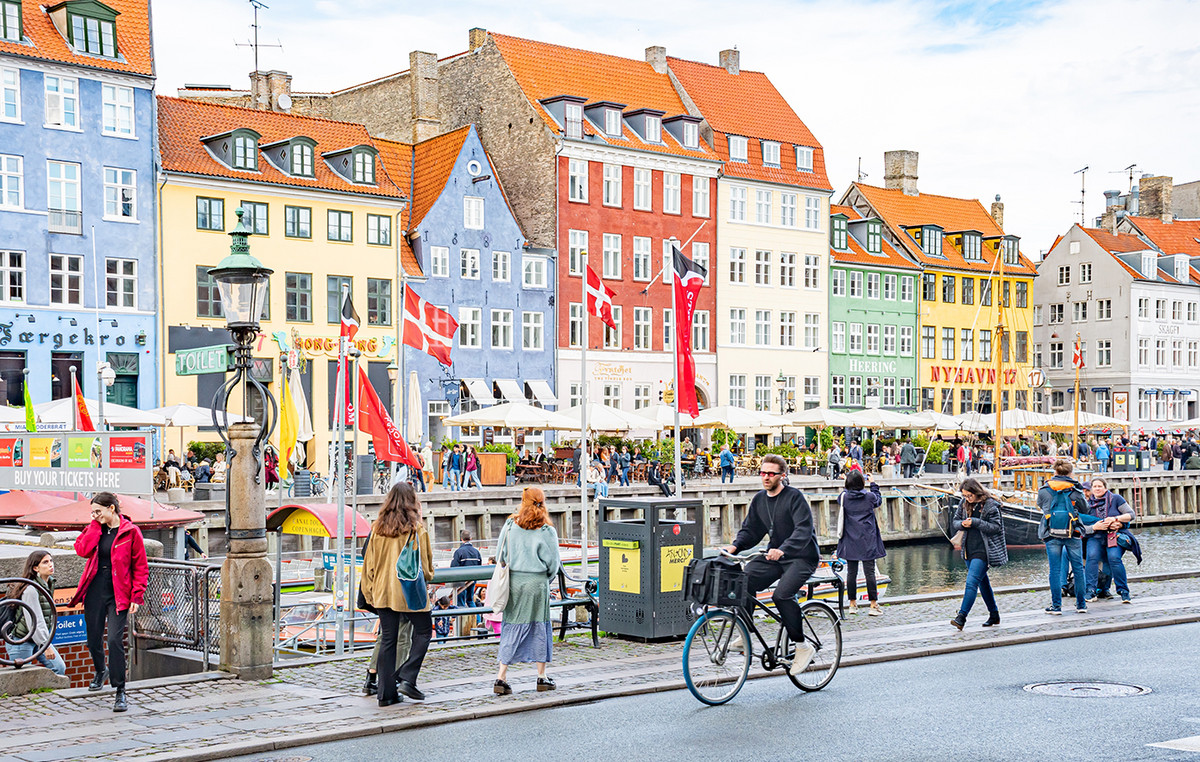Research by the Federal University of Rio de Janeiro (UFRJ) identified false advertisements driven by paid social media tools asking for donations for victims of the floods that hit the state of Rio Grande do Sul.
The report found 351 fraudulent advertisements carried out by 186 advertisers between May 6th and 8th, the first days of the tragedy. According to the analysis, pages used celebrities and real people to carry out scams.
In one of the ads, a user of Facebook, Meta's social network, displayed speeches by governor Eduardo Leite with links that lead to a collection on the Vakinha website, where anyone can start campaigns to raise funds. In total, 324 advertisements were placed on the site.
The research considered fraudulent advertisements to be those that presented paid and boosted content that use social engineering techniques, and refer to false products/information that intentionally seek to obtain illegal income and cause property and moral damage to other people.
Coordinated by researchers Débora Salles and Rose Marie Santini, the study aims to analyze disinformation involving the climate emergency in Rio Grande do Sul in publications on social networks, as well as fraud and scams in advertisements for the Meta boosting tool, since that the company's social networks are the only ones that offer a system capable of analyzing published advertisements. The report reinforces that the numbers and patterns presented are not repeated on other platforms.
Source: CNN Brasil
I’m James Harper, a highly experienced and accomplished news writer for World Stock Market. I have been writing in the Politics section of the website for over five years, providing readers with up-to-date and insightful information about current events in politics. My work is widely read and respected by many industry professionals as well as laymen.







